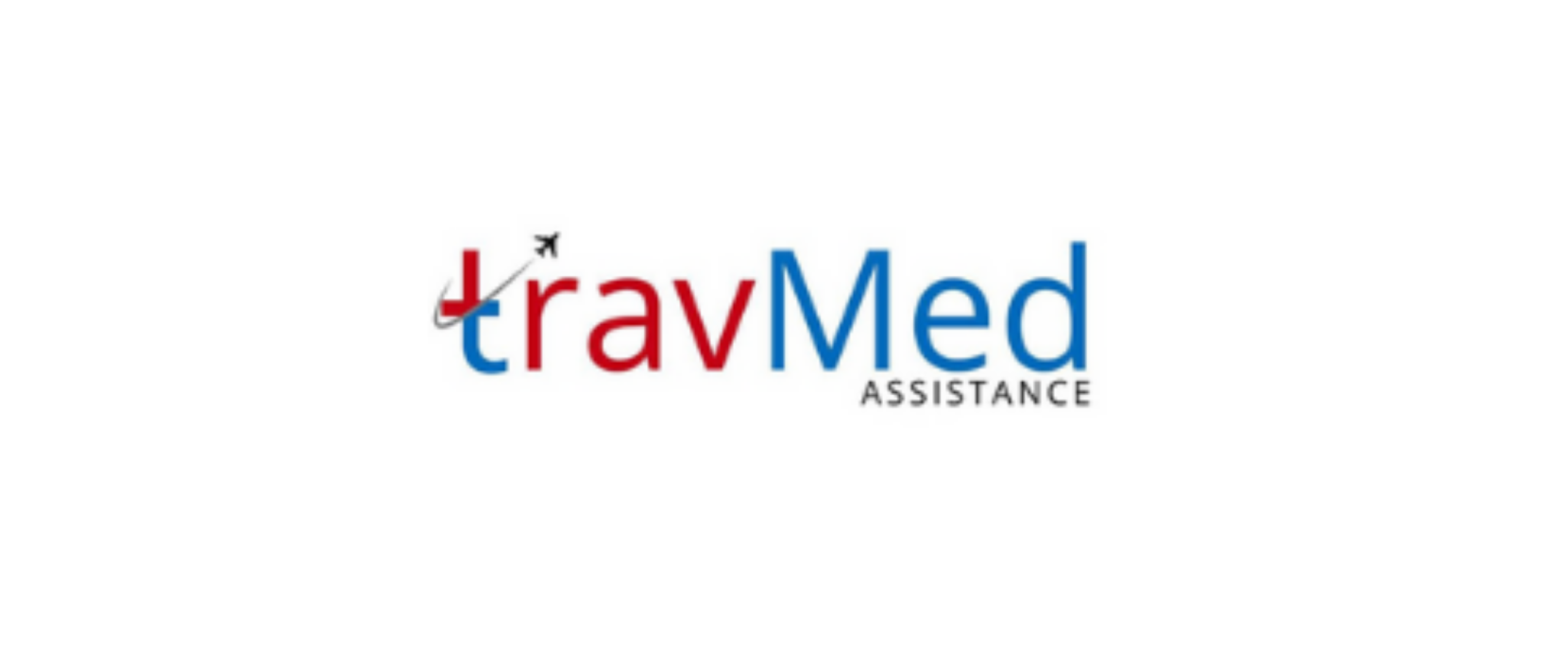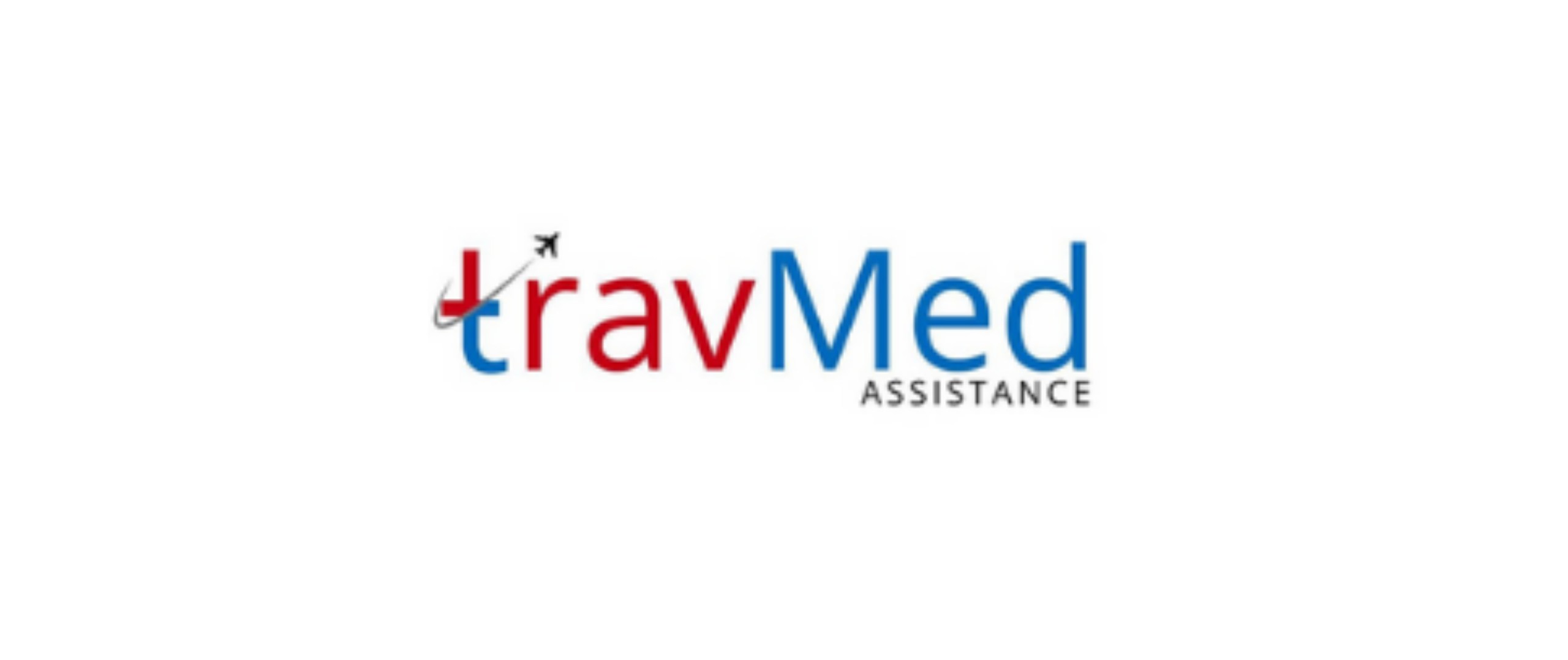
What is medical escorting in Nepal?
Medical escorting in Nepal refers to the professional service of accompanying patients during medical transportation, ensuring their safety and well-being throughout the journey. This service is particularly valuable for individuals with medical conditions requiring specialized care while traveling. In Nepal, medical escorting involves trained healthcare professionals, such as nurses or paramedics, who provide continuous medical supervision and assistance during patient transfers between healthcare facilities or to their homes. The service encompasses monitoring vital signs, administering medications, and addressing any medical emergencies that may arise during transit. Medical escorting in Nepal caters to both domestic and international patient transfers, offering a comprehensive solution for safe and comfortable medical transportation.
Who provides medical escort services?
In Nepal, medical escort services are provided by various organizations and healthcare institutions. These include:
- Private medical assistance companies specializing in patient transportation
- Hospitals with dedicated medical escort teams
- Ambulance services offering specialized escort options
- Travel insurance companies partnering with local healthcare providers
- Air ambulance operators with trained medical staff
- NGOs focusing on medical transportation and assistance
These service providers employ qualified healthcare professionals, including nurses, paramedics, and sometimes doctors, depending on the patient’s medical requirements. Many of these organizations operate 24/7 to ensure round-the-clock availability of medical escort services. Some providers also offer additional services such as travel arrangements, visa assistance, and coordination with receiving healthcare facilities, making the entire process smoother for patients and their families.
How does the escorting process work?
The medical escorting process in Nepal typically follows a structured approach to ensure patient safety and comfort:
- Initial assessment: The patient’s medical condition is evaluated to determine escort requirements.
- Planning: A detailed travel plan is created, including route, mode of transport, and necessary medical equipment.
- Team assignment: Qualified medical professionals are assigned based on the patient’s needs.
- Pre-departure preparation: The escort team reviews the patient’s medical history and prepares necessary medications and equipment.
- Patient pickup: The team collects the patient from the hospital or residence, ensuring a smooth transfer.
- In-transit care: Continuous monitoring and medical support are provided throughout the journey.
- Regular communication: Updates are shared with family members and receiving medical facilities.
- Handover: Upon arrival, the patient is safely transferred to the destination healthcare facility or residence.
- Documentation: A comprehensive report of the escort process is prepared for medical records.
This systematic approach ensures that all aspects of the patient’s medical needs are addressed during the escorting process, minimizing risks and maximizing comfort.
What documents are needed for escorting?
For medical escorting in Nepal, several documents are required to ensure a smooth and legal process:
- Patient’s medical records and history
- Recent medical reports and test results
- Prescription details for current medications
- Consent form signed by the patient or legal guardian
- Identification documents (citizenship card, passport for international travel)
- Travel insurance documentation (if applicable)
- Letter from the referring doctor outlining the need for medical escort
- Medical clearance certificate for air travel (if required)
- Visa and immigration documents for international transfers
- Contact information for emergency contacts and receiving healthcare facility
- Advance Directive or Do Not Resuscitate (DNR) order, if applicable
- Transfer agreement between healthcare facilities (for inter-hospital transfers)
Ensuring all these documents are in order before the escort begins is crucial for avoiding delays and complications during the transfer process. It’s advisable to keep multiple copies of these documents and store them securely during transit.
How much does medical escorting cost?
The cost of medical escorting in Nepal varies depending on several factors:
- Distance of travel: Longer distances generally incur higher costs
- Mode of transportation: Ground ambulance, air ambulance, or commercial flight
- Patient’s medical condition: More complex cases require specialized equipment and personnel
- Duration of escort: Longer escorts result in increased costs
- Level of medical care required: Basic monitoring vs. intensive care support
- Number of medical professionals needed: Single escort vs. a team of specialists
- Additional services: Travel arrangements, visa assistance, accommodation for family members
On average, ground ambulance escorts within Kathmandu Valley may range from NPR 5,000 to NPR 15,000. For longer distances or air travel, costs can escalate significantly, potentially reaching NPR 100,000 or more for domestic transfers and several lakhs for international medical escorts. It’s advisable to obtain detailed quotes from multiple service providers and check if the cost is covered by health insurance or travel insurance policies.
How is patient safety ensured during escorting?
Patient safety is a top priority during medical escorting in Nepal, ensured through various measures:
- Qualified personnel: Escorts are trained healthcare professionals with experience in emergency care.
- Continuous monitoring: Vital signs are regularly checked and recorded throughout the journey.
- Advanced medical equipment: Portable devices for monitoring and emergency interventions are carried.
- Medication management: Proper storage and administration of necessary medications are ensured.
- Infection control: Strict hygiene protocols are followed to prevent infections during transit.
- Emergency preparedness: Escorts are trained to handle medical emergencies and carry appropriate supplies.
- Vehicle safety: Ambulances and other transport vehicles are well-maintained and equipped for patient care.
- Communication systems: Constant contact is maintained with medical facilities and support teams.
- Risk assessment: Potential hazards are identified and mitigated before and during the escort.
- Patient comfort: Measures are taken to ensure the patient’s physical and emotional comfort throughout the journey.
These comprehensive safety measures work together to minimize risks and provide a secure environment for patients during medical escorting in Nepal.
Can family accompany the patient?
In most cases, family members can accompany patients during medical escorting in Nepal, subject to certain conditions:
- Space availability in the transport vehicle
- Patient’s medical condition and level of care required
- Policies of the escorting service provider
- Mode of transportation (ground vs. air)
- Destination’s regulations (especially for international transfers)
Typically, one family member is allowed to accompany the patient in the ambulance or air ambulance. For commercial flights, additional family members may travel separately. Benefits of family accompaniment include:
- Emotional support for the patient
- Assistance with communication and decision-making
- Help with personal care and comfort
- Continuity of care and information sharing
However, the escort team may limit family involvement if it interferes with medical care. It’s advisable to discuss family accompaniment options with the escort service provider in advance to make necessary arrangements and understand any associated costs or requirements.
What equipment is used during escorting?
Medical escorting in Nepal involves the use of various specialized equipment to ensure patient safety and provide necessary care during transit:
- Portable cardiac monitors
- Oxygen cylinders and delivery systems
- Suction machines
- Defibrillators
- Infusion pumps for medication administration
- Ventilators for respiratory support
- Blood pressure monitors
- Pulse oximeters
- Stretchers or specialized transport beds
- First aid kits and emergency medications
- Portable diagnostic devices (e.g., glucometers)
- Communication devices for contacting medical facilities
- Temperature-controlled storage for medications
- Personal protective equipment (PPE) for infection control
The specific equipment used depends on the patient’s medical condition and the level of care required. For air ambulance transfers, additional equipment such as altitude-adaptive ventilators and pressurized oxygen systems may be employed. All equipment is regularly maintained, calibrated, and checked before each escort to ensure reliability and optimal performance during patient transport.
Are services available for international travel?
Yes, medical escorting services in Nepal are available for international travel. These services cater to patients requiring medical assistance while traveling abroad for treatment or returning home after receiving care in Nepal. Key aspects of international medical escorting include:
- Coordination with airlines for special arrangements (e.g., stretcher cases, oxygen requirements)
- Assistance with immigration and customs procedures
- Liaison with receiving healthcare facilities in the destination country
- Management of medical documentation for international travel
- Arrangement of specialized air ambulances for critical cases
- Provision of multilingual medical escorts when necessary
- Compliance with international air travel medical guidelines
- Coordination of ground transportation at origin and destination
- Assistance with travel insurance claims and documentation
International medical escorting from Nepal often involves transfers to countries with advanced medical facilities, such as India, Thailand, Singapore, or Western nations. The service ensures continuity of care across borders, making long-distance medical travel safer and more comfortable for patients with various health conditions.
Who qualifies for medical escort services?
Medical escort services in Nepal are available to a wide range of patients, including:
- Post-operative patients requiring monitoring during travel
- Individuals with chronic medical conditions needing continuous care
- Elderly patients with limited mobility or multiple health issues
- Patients with respiratory conditions requiring oxygen support
- Individuals recovering from injuries or trauma
- Patients with neurological disorders or limited cognitive function
- Pregnant women with high-risk conditions
- Pediatric patients requiring specialized care during transit
- Patients undergoing long-term treatments like chemotherapy or dialysis
- Individuals with compromised immune systems needing protection during travel
- Patients requiring frequent medication administration or monitoring
- Those with mental health conditions needing supervision during travel
The need for medical escorting is typically determined by healthcare providers based on the patient’s medical condition, travel distance, and mode of transportation. Some insurance policies may also specify criteria for medical escort eligibility. It’s advisable to consult with healthcare providers and escort service companies to assess individual qualification for these services.
How do I book medical escorting in Nepal?
Booking medical escorting services in Nepal involves several steps:
- Consult your healthcare provider about the need for medical escorting.
- Research reputable medical escort service providers in Nepal.
- Contact selected providers for detailed information and quotes.
- Provide patient’s medical information and travel requirements.
- Review and compare service offerings and costs from different providers.
- Choose a provider and confirm service details.
- Complete necessary paperwork, including consent forms and medical releases.
- Arrange payment or confirm insurance coverage.
- Coordinate travel dates and logistics with the escort service.
- Prepare required documents and personal items for the journey.
- Confirm final arrangements 24-48 hours before the scheduled escort.
Many hospitals and medical assistance companies in Nepal offer online booking options or 24/7 hotlines for medical escorting services. It’s recommended to book well in advance, especially for international transfers or complex medical cases, to ensure availability and allow time for thorough preparation.
How reliable are escorting services in Nepal?
Medical escorting services in Nepal have shown significant improvement in reliability over recent years. Factors contributing to their reliability include:
- Increasing professionalization of the healthcare sector
- Adoption of international standards in patient care and transport
- Regular training and certification of medical escort personnel
- Investment in modern medical equipment and vehicles
- Establishment of quality control measures and patient feedback systems
- Collaboration with international medical assistance networks
- Government regulations enhancing service standards
However, reliability can vary among service providers. Established hospitals, reputable medical assistance companies, and accredited ambulance services generally offer more reliable escorting services. It’s advisable to:
- Check the provider’s track record and patient testimonials
- Verify the qualifications and experience of the escort team
- Ensure the provider has proper insurance and liability coverage
- Confirm the availability of backup support and emergency protocols
While challenges such as infrastructure limitations and geographical constraints may occasionally affect service delivery, overall, medical escorting services in Nepal are increasingly reliable, especially in urban areas and for planned transfers.


